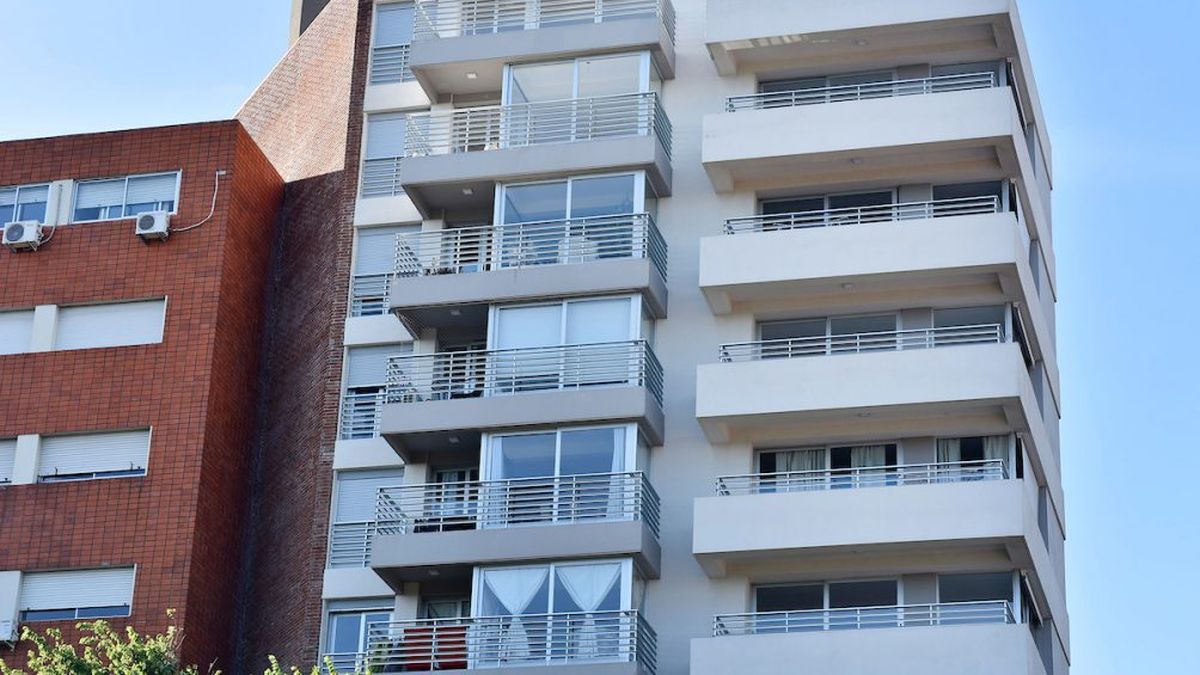The hosts, people who offer their properties through temporary rental platforms as Airbnb either booking, responded to the possibility that the government regulates this activity in Uruguay with its own bill to “promote transparency and security in this practice.”
He Ministry of Tourism seeks to regulate “the Uber of the sector”, as its owner called it, Tabare Viera, adding to a trend that is already beginning to be observed in the main cities of the world: the regulation of temporary rentals —mainly for tourism— in a context of growing housing crisis. In the Uruguayan case, the main reason is found in the complaint from the hotel and real estate sector due to the competitive differences between one and the other, which strongly affects the industry already hit by the Covid-19 pandemic.
Within this framework, a group of people called “hosts” presented their own bill to the Industry, Energy, Commerce, Tourism and Services Commission of the Chamber of Senators.
“The proposal seeks ensure a supportive environment for both hosts and guests”, indicated those who offer their properties on the platforms in question, through a statement. The main objective of the draft, which seeks a beneficial solution for all the actors involved, is the “implementation of a national single registry”, accessible online and easy to use. They explain that registration would be mandatory for all hosts and would allow “traceability by the competent authorities.”
“In the case of hosts who share a room or a space within the habitual residence, it is proposed that the registration be voluntary. The project indicates that the proposed registry would be carried out through a online digital form provided by the Ministry of Tourism, which would function as an affidavit. In addition, it is recommended that the registration periods begin to count only once the registry is fully operational”, they report in the text.
A project to encourage debate in the sector
About, Walter Nogueira, one of the spokespersons for the group of hosts, maintained that the objective of the group, through the bill, is “promote transparency and security in this practiceproviding a favorable environment for both hosts and guests.”
He also explained that they consider it “important” take particular situations into account, as is the case of renting a room or a space within a home, and that is why they propose that residents have the option of joining the registry voluntarily in those cases. Nogueira also explained that the registry must contain the necessary information for the activity in order to avoid changes in regulatory decrees or other administrative provisions.
The draft states that the registry issue a certificate automatically for the hosts, without the need for administrative acts or some type of additional prior procedure and that, in turn, the project establishes sanctions for non-compliancefrom the gradual application of the regulations.
“First of all, a notification would be enforced for any breach related to the registry. In case of reiteration, a fine would be imposed whose amount would range between 5 and 25 UR, considered reasonable by the group of hosts. In addition, the possibility of suspending the registration is contemplated for a period of one month or until the error committed is corrected ”, they indicate from the group of hosts.
“Lastly, regarding the registration deadlines, a period of 180 days is proposed from the launch of the online form. This would make it possible to cover all the hosts who work seasonally and not throughout the year”, they add.
The group of hosts “trusts” that their proposal will be contribute to parliamentary debate and that it will be possible establish an adequate regulatory framework that promotes “transparency, safety and quality” in the type of accommodation. Finally, they hope to be summoned again by the commission to exchange with the legislators and are willing to open an exchange with the authorities of the Ministry of Tourism to establish a “constructive dialogue” that allows progress in its implementation.
Source: Ambito




